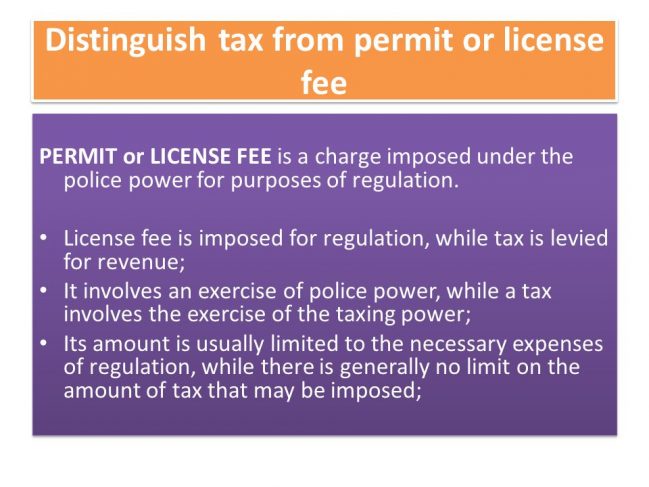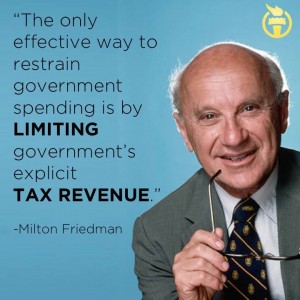To comprehend how that’s possible, we need to understand the largest betrayal of Republican values in Colorado political history: the tax-hiking, debt-raising, TABOR-busting Senate Bill 267, sponsored by Republican state Sen. Jerry Sonnenberg and enabled by the schizophrenic leadership of Senate President Kevin Grantham.
The beauty of our Taxpayer’s Bill of Rights is that taxes and debt can grow as high as any communist would like, all you have to do is ask the voters first. But elected officials, doing their best Bernie Madoff, don’t want to ask for consent when they know the answer is going to be “no.” They re-label taxes as “fees” and debt as “certificates of participation,” so the Colorado Supreme Court lets them take our money without our voter consent.
In 2009, without asking, the state forced an extra tax on us when we’re sick and have to go to the hospital. In their best George Orwell, the legislature named this tax “The Hospital Provider Fee,” as if hospitals, not patients, pay it. The new “fee” generated more than $650 million in 2016, pushing Colorado’s revenue over its TABOR cap.
Click (HERE) to read the rest of this story





 This morning the TABOR Foundation brought a lawsuit before the Colorado Supreme Court. As the Plaintiff, we have charged that both Denver’s Regional Transportation District (RTD) and its Scientific and Cultural Facilities District had violated the requirements of the Taxpayer’s Bill of Rights when they started imposing sales taxes on items that had been exempt; items that the Districts did not have voter approval to tax. The arguments were presented on appeal to the State’s highest court. Our Foundation was ably represented by attorney Steve Lechner of Mountain States Legal Foundation. He faced alone the four attorneys employed by the governments on the other side. Our side had lost at both the District (trial) level and at the Colorado Court of Appeals.
This morning the TABOR Foundation brought a lawsuit before the Colorado Supreme Court. As the Plaintiff, we have charged that both Denver’s Regional Transportation District (RTD) and its Scientific and Cultural Facilities District had violated the requirements of the Taxpayer’s Bill of Rights when they started imposing sales taxes on items that had been exempt; items that the Districts did not have voter approval to tax. The arguments were presented on appeal to the State’s highest court. Our Foundation was ably represented by attorney Steve Lechner of Mountain States Legal Foundation. He faced alone the four attorneys employed by the governments on the other side. Our side had lost at both the District (trial) level and at the Colorado Court of Appeals.
